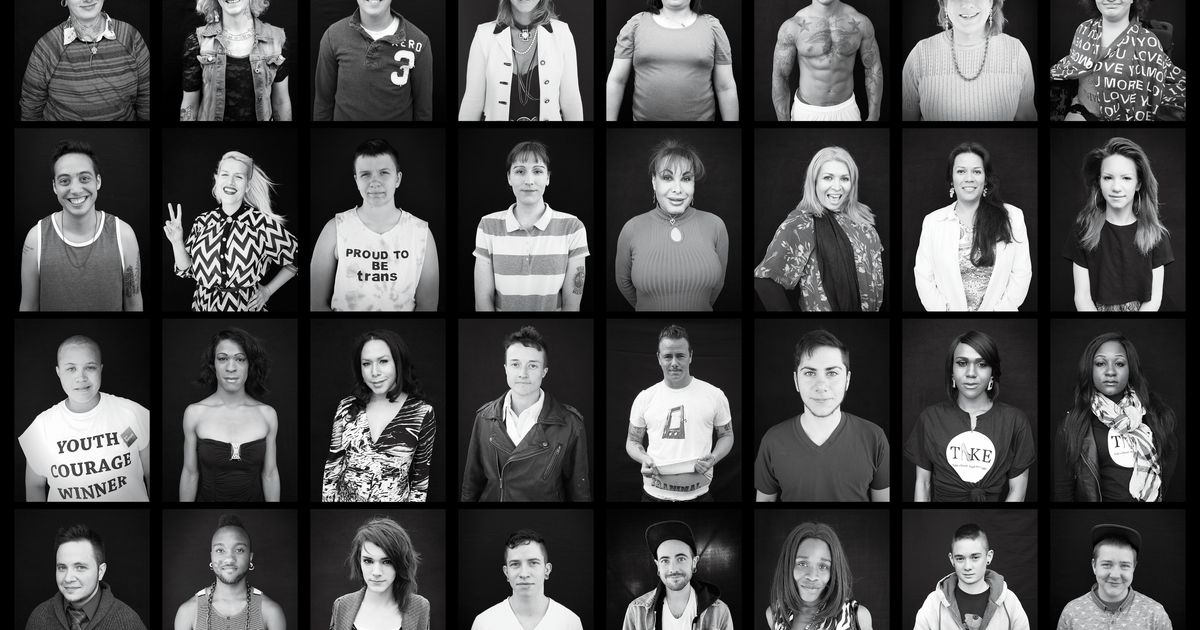… [Hanging] trans rights on the thin peg of gender identity, a concept clumsily adapted from psychiatry and strongly influenced by both gender studies and the born-this-way tactics of the campaign for marriage equality [was a mistake]. [It] has won us modest gains at the level of social acceptance. But we have largely failed to form a coherent moral account of why someone’s gender identity should justify the actual biological interventions that make up gender-affirming care. If gender really is an all-encompassing structure of social norms that produces the illusion of sex, critics ask, why would the affirmation of someone’s gender identity entail a change to their biology? As a result, advocates have fallen back on the clinical diagnosis of gender dysphoria, known until about a decade ago as gender identity disorder, defined as the distress felt at the incongruence of gender identity and biological sex. The idea that trans people fundamentally suffer from a mental illness has long been used by psychiatrists to decide who “qualifies” for transition-related care and who does not. By insisting on the medical validity of the diagnosis, progressives have reduced the question of justice to a question of who has the appropriate disease. In so doing, they have given the anti-trans movement a powerful tool for systematically pathologizing trans kids.
…
We will never be able to defend the rights of transgender kids until we understand them purely on their own terms: as full members of society who would like to change their sex. It does not matter where this desire comes from. When the TARL [(trans-agnostic reactionary liberal)] insinuates again and again that the sudden increase of trans-identified youth is “unexplained,” he is trying to bait us into thinking trans rights lie just on the other side of a good explanation. But any model of where trans people “come from” — any at all — is a model that by default calls into question the care of anyone who does not meet its etiological profile. This is as true of the old psychiatric hypothesis that transsexuality resulted from in utero exposure to maternal sex hormones as it is of the well-meaning but misguided search for the genes that “cause” gender incongruence. It is most certainly true of the current model of gender identity as “consistent, insistent, and persistent,” as LGBTQ+ advocates like to say. At best, these theories give us a brief respite from the hail of delegitimizing attacks; they will never save us. We must be prepared to defend the idea that, in principle, everyone should have access to sex-changing medical care, regardless of age, gender identity, social environment, or psychiatric history. This may strike you as a vertiginous task. The good news is that millions of people already believe it.



That’s why the first thing they’re given are puberty blockers to give them more time to make such an incredibly important decision. If the permanent effects of being given hormones for the wrong sex is so damaging and severe, it goes both ways. The permanent effects of doing nothing and becoming the wrong gender is just as bad as if you made a mistake and we’re given the wrong hormones.
I think the policy of delaying it is the right choice. That gives more time to provide mental health treatment and provide as much assurance that they’re making the right choice to live their lives in the body they feel most comfortable in. I assure you, everyone is acutely aware of the repercussions and permanence of making the wrong decision which is why time is prioritized over providing hormone treatment early.
Conservatives trying to ban all trans care including puberty blockers, and taking away that time I view as equally as bad as forcing a child to take the wrong hormone drugs.
No offense, but you should ask these questions first before assuming that the community that is so affected by these problems and have spent a ton of time thinking about it and considering options hasn’t already explored the problem in detail already. Your concerns are valid, but you should ask how these problems are being dealt with instead of assuming they aren’t being dealt with.